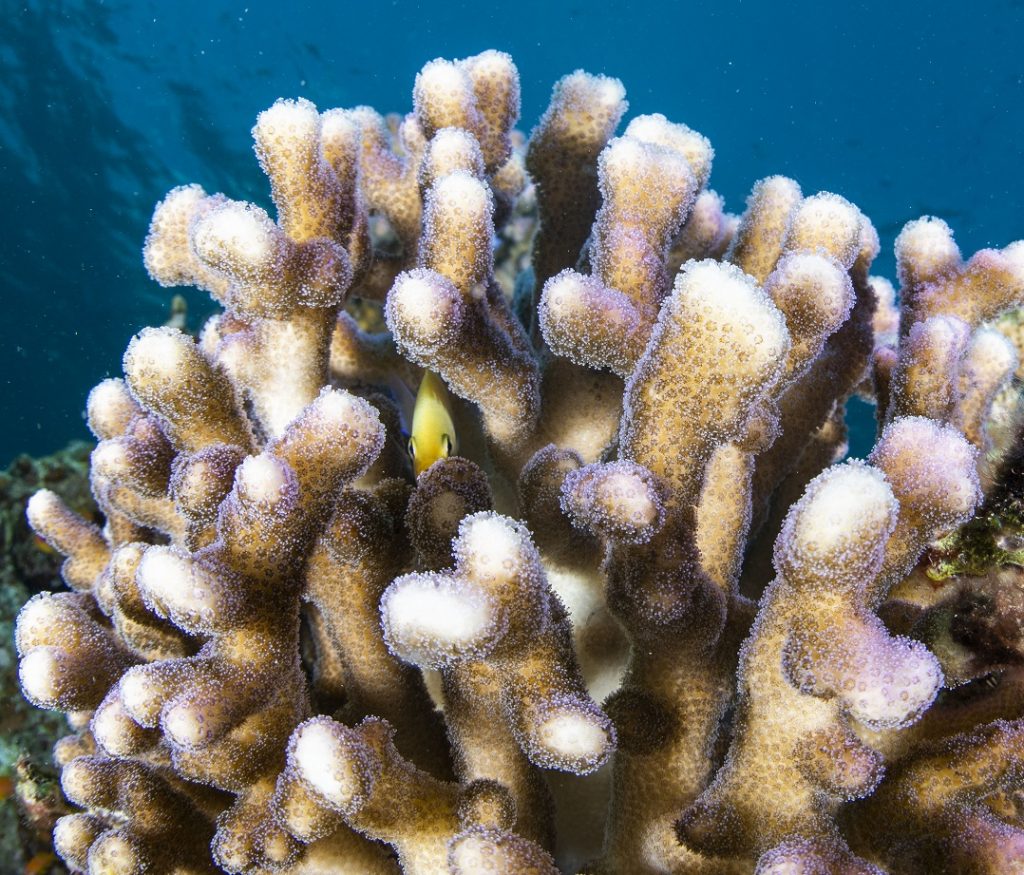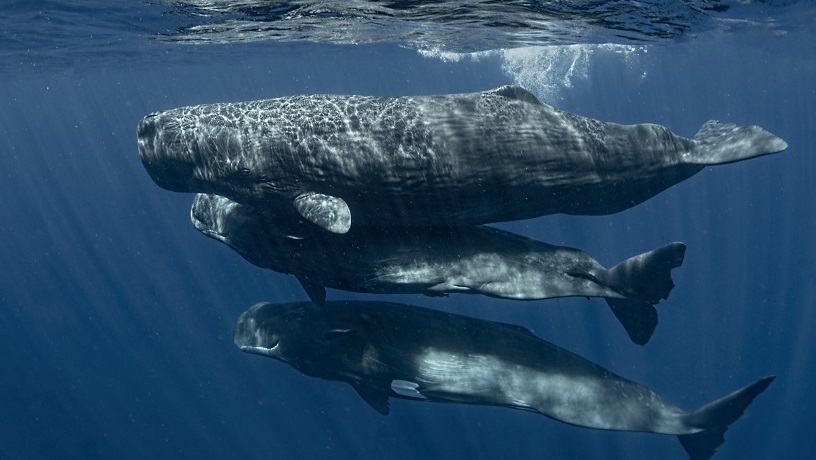Powering Sustainable Solutions
Identifying healthy long-term marine-based solutions and food supplies for a sustainable future
University of Haifa is spearheading critical research in the areas of food security, the effects of environmental stressors on marine life, climate change education, and inter-species communication.

New Era of Wheat
The best genes throughout evolution
Researchers at the Institute of Evolution study plant and animal genomics, evolution, and biotechnology to improve world food security, protect biodiversity and mitigate the harmful effects of global warming.
Prof. Assaf Distelfeld, head of the Institute of Evolution, was a member of the 10+ Genome Project, a team of 95 scientists who successfully sequenced the genomes of 15 wheat varieties. At the University of Haifa’s Wild Gene Bank, Prof. Distelfeld and his team aim to discover and isolate valuable genes of wheat cereals and wild barley from Israel that have endured the test of time.

Coral Reefs – A Lesson in Resilience
Oceans face a number of threats from climate change, but it may also offer solutions. Researchers from the University’s Charney School of Marine Sciences are pursuing research into the great coral reefs, known as rainforests of the sea.” Prof. Tali Mass and her team are uncovering the mechanisms that make corals resilient to environmental stressors. Their studies have found that corals with a particular genetic mechanism, developed over a millennia, can adapt the shape of their mature skeletons, and use the energy to grow and thrive.
Advancing Climate Change Education and Awareness
Doctoral student Hadar Elyashiv studying submarine landslides at the Strauss Department of Marine Geosciences may one day provide us with more answers about tsunamis. She is also the co-founder of the Once Upon a Time Project – a book teaching us about climate change, dangers of pollution and the importance of our oceans.

Exploring the Wonder of Whales in the hopes of speaking with them one day
Project CETI (Cetacean Translation Initiative)
The Charney School of Marine Sciences and global partners are embarking on a major scientific quest to monitor, interpret, and communicate with one of the earth’s largest and longest-living creatures, the sperm whale. This project hopes to reshape humanity’s understanding of its place on the planet and to inspire broader environmental awareness. Leading the University’s effort is Prof. Dan Tchernov, CEO of Project CETI and Head of the Mediterranean Sea Research Center of Israel.
Credits: Marine Excursion and Coral Reef: Hagai Nativ; Whales: Amanda Cotton; Video: University of Haifa Archives


